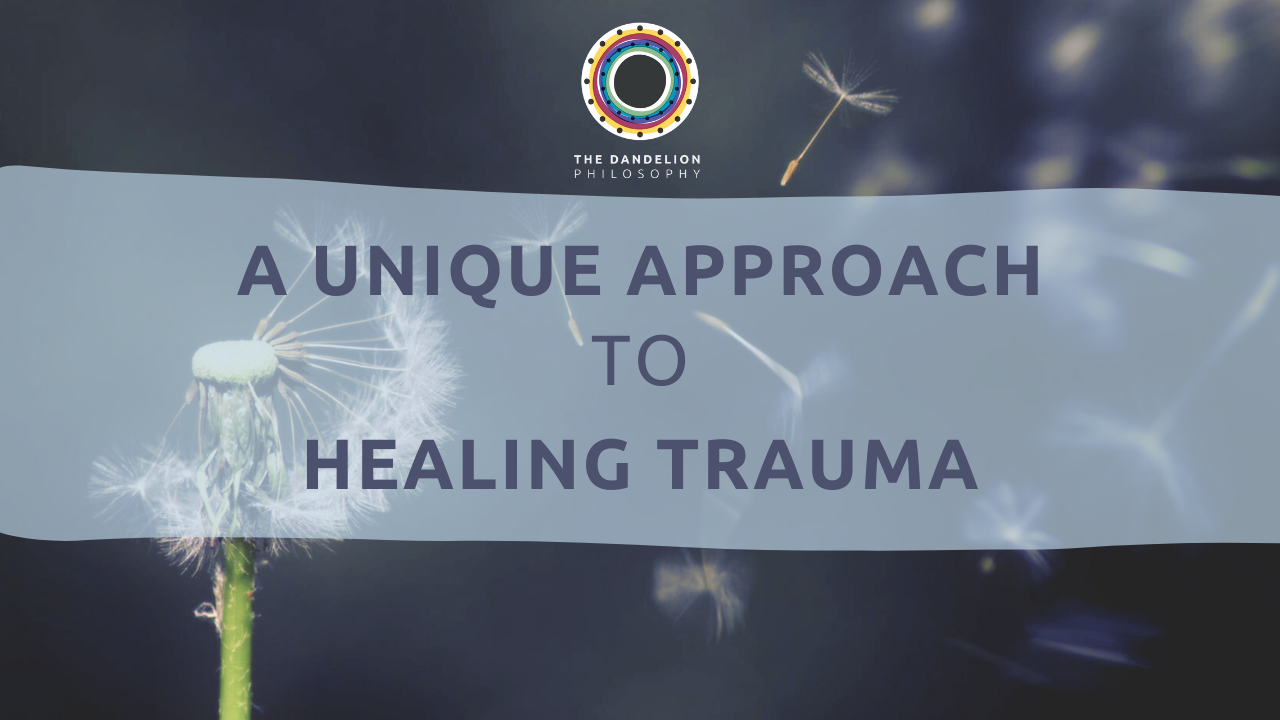- Sustainable Philanthropy
- Social Enterprise
- Healing
- Community Empowerment
- South Africa
- Social Impact
- Sustainability
- Give Back
- Volunteering
- Cambridge Village
- Healing Hub
- Social Change
- Trauma Healing
- Women's Empowerment
- Empowerment
- Gender Equality
- Addressing Inequality
- Intergenerational Trauma
- Charity
- Giving

A Unique Approach to Healing Trauma
Trauma is a pervasive issue that affects people from all walks of life, but those living in impoverished communities are often hit the hardest. Like many South Africans, the residents of Cambridge Village in the Eastern Cape of South Africa, currently face sustained displacement, feelings of shame, and unspoken trauma from the historical effects of Apartheid. They continue experiencing debilitating levels of intergenerational and long-term exposure to trauma, which has paralysed the community into a state of poverty, hunger, unemployment, crime, and violence. Poverty can also create a cycle of trauma that can be difficult to break free from, leading to chronic stress and seemingly unrelated mental health conditions and physical health problems. However, at The Dandelion Philosophy, we believe that resilience can be a powerful tool for transforming trauma and breaking this cycle.

Using Reflection as a Tool for Healing
We use our thoughts to navigate through almost everything we do in our lives; they are our ideas, opinions, and beliefs about ourselves and the world around us. But how many of us actually take the time to give thought to our own thoughts? The Dandelion Philosophy recognises the power of reflection as a tool for healing past traumas and wounds that can have a significant and long-lasting effect on our physical, emotional, and psychological well-being. We incorporate reflection not only in our healing initiatives in the communities we serve, but we also ensure to practise it ourselves as Practitioners of Purpose™ so that through introspection, we are always learning and developing our work to empower others.

Understanding Trauma and Intergenerational Trauma
The Dandelion Philosophy considers intergenerational trauma a root cause of adverse actions and behaviours. Instead of working directly with the behavioural consequences of trauma, we address the underlying trauma itself to slowly change behavioural patterns and encourage development and self-actualisation.

